Growing up in a household where her biological parents provided foster care to kids in need, Bianca Jones Marlin was greatly affected by the stories of trauma that her siblings would share. Those childhood experiences, combined with a passion for science, inspires her work as a postdoctoral researcher at the Zuckerman Institute at Columbia University in New York. Through experiments with mice, Jones Marlin studies how trauma affects transgenerational epigenetic inheritance – or, more plainly, how the stress of traumatic experiences and environments can be passed down by parents to their future offspring, even when the stressors occur before pregnancy. And while making scientific leaps from mice to humans is always perilous, Jones Marlin’s research has proved promising, showing that stressors associated with certain odours in parents seem to make their pups more sensitive to those same smells. Ultimately, Jones Marlin hopes that her work can be used to help create therapies to improve outcomes for children who might be affected by transgenerational trauma.
If trauma can be passed down, could new therapies blunt the transgenerational impact?
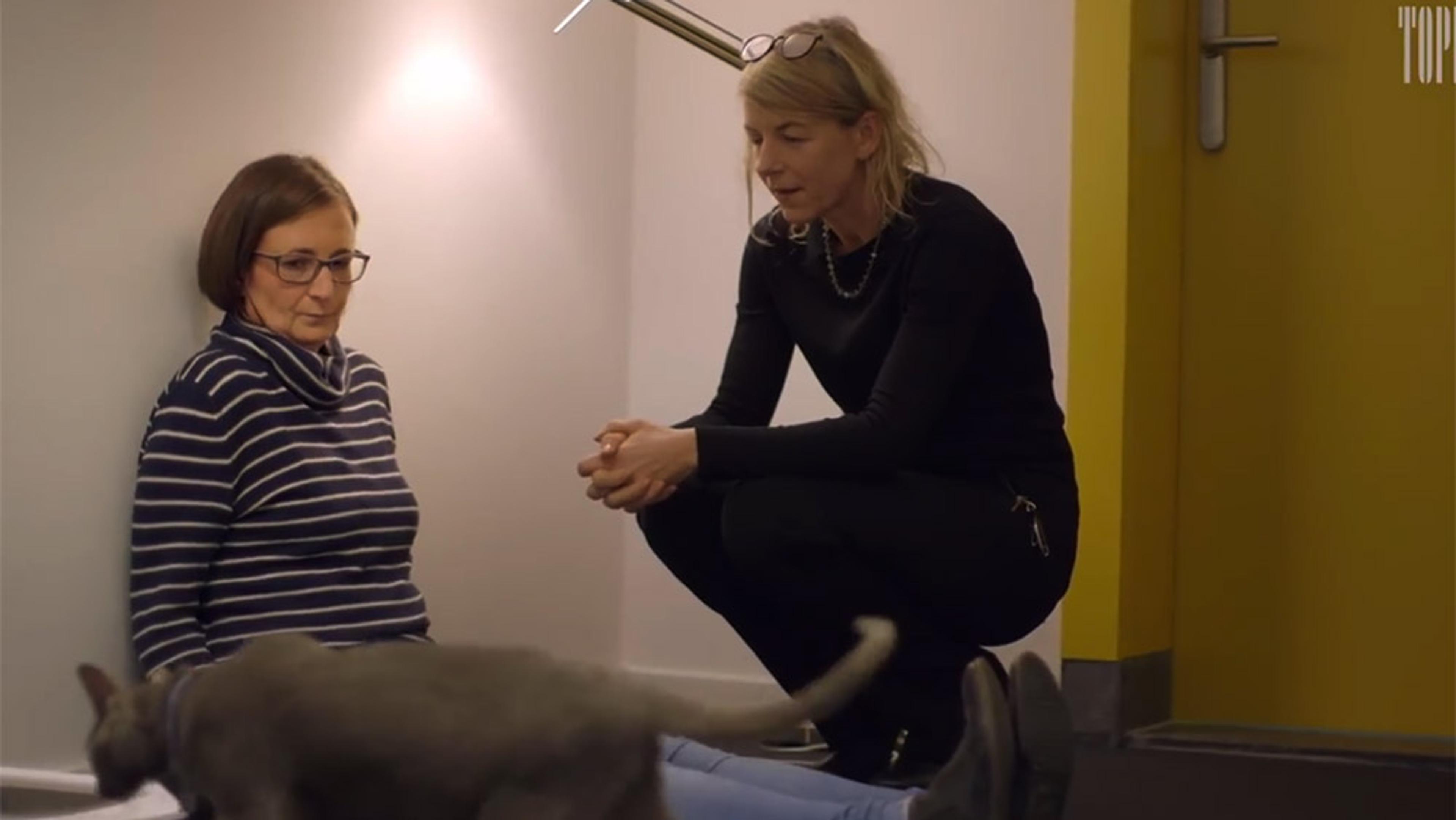
videoPsychiatry and psychotherapy
Can you cure a phobia by medically rewriting the original fear memory?
14 minutes

videoMental health
A veteran returns to war through virtual reality, hoping to be rid of his PTSD
14 minutes
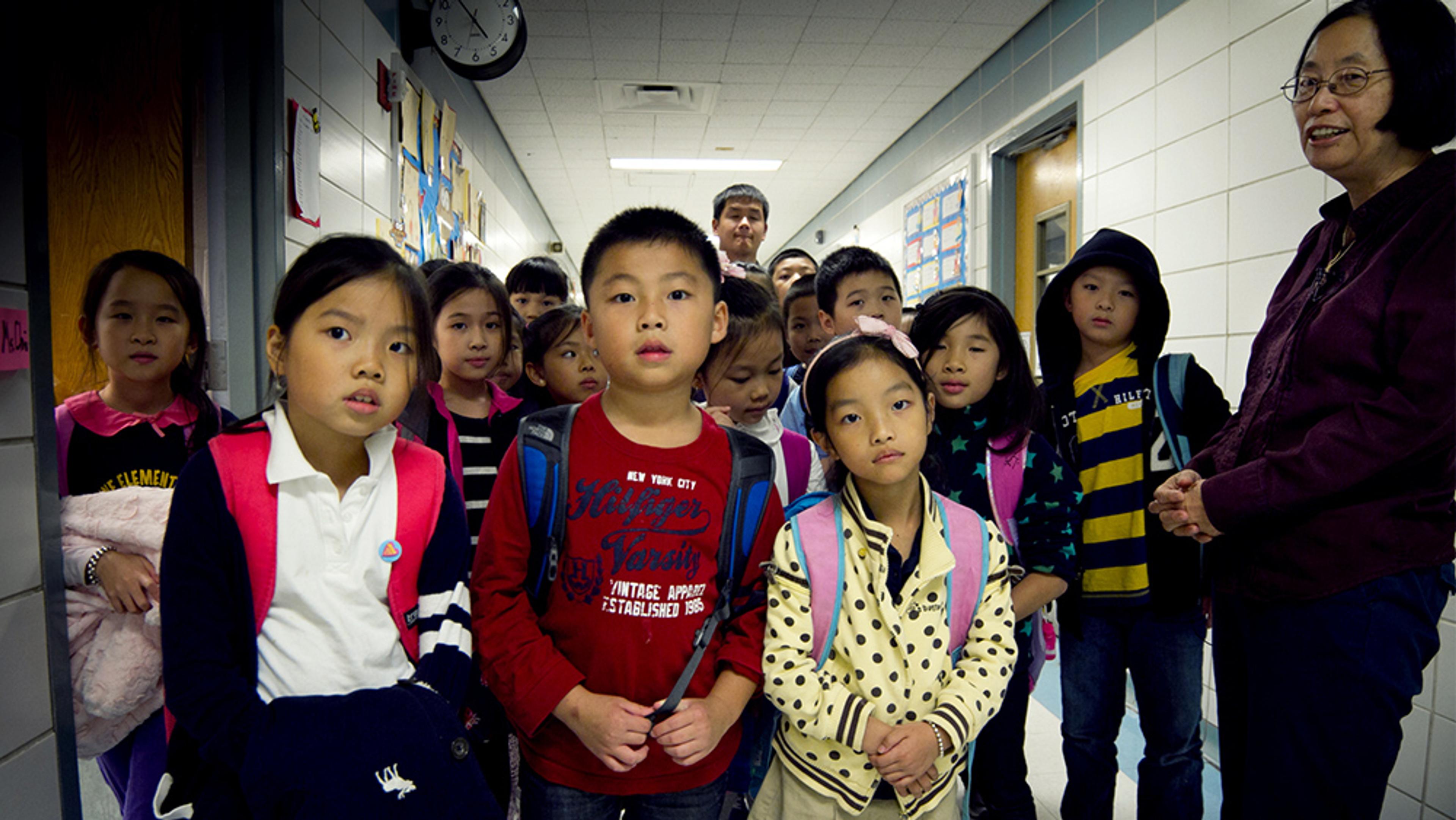
videoChildhood and adolescence
From the US to China and back again by age six. Why ‘satellite babies’ struggle
9 minutes
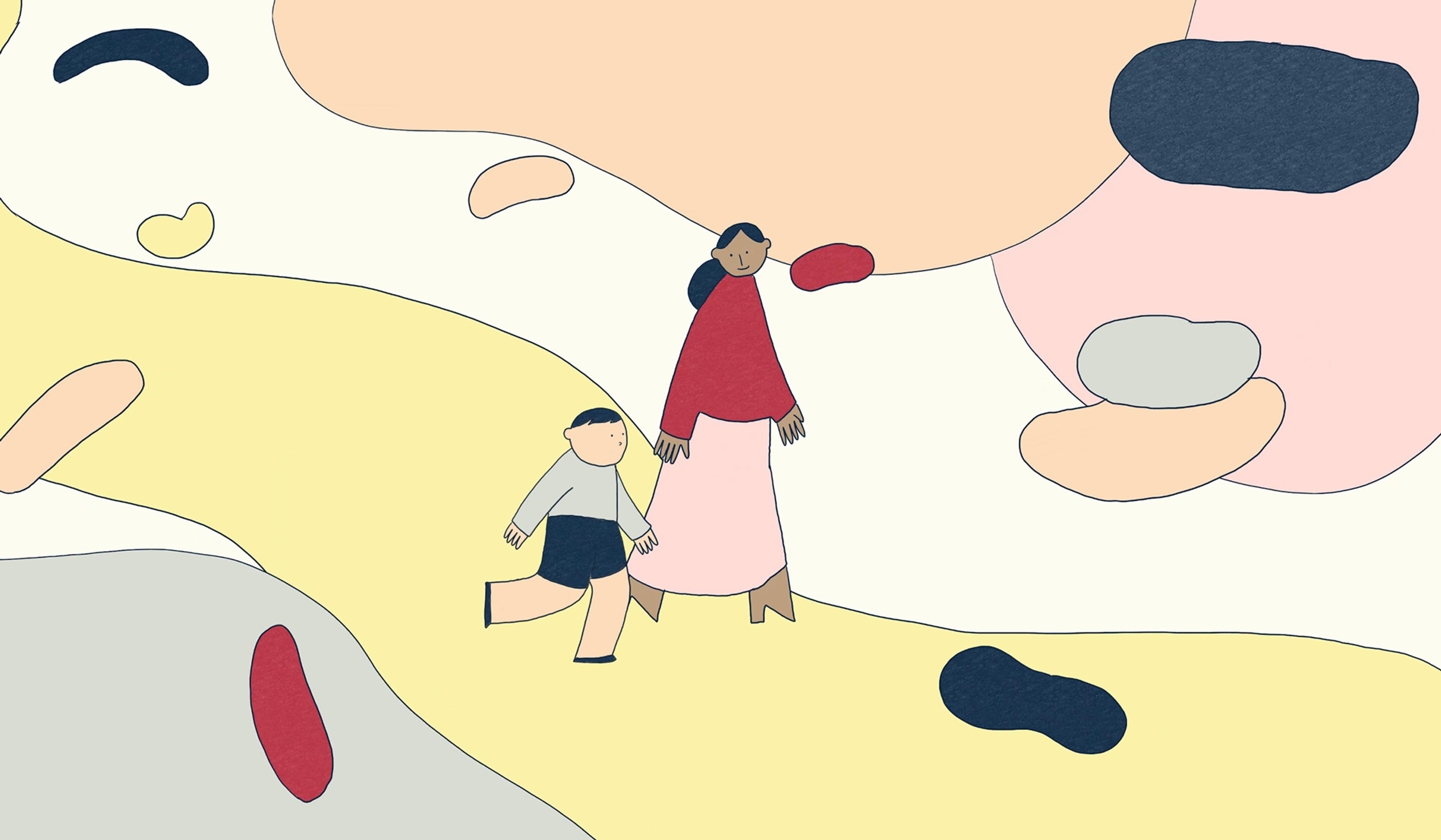
videoPhilosophy of mind
Caring for the vulnerable opens gateways to our richest, deepest brain states
7 minutes

videoGender
When it’s simply maternal instinct to eat your young
3 minutes
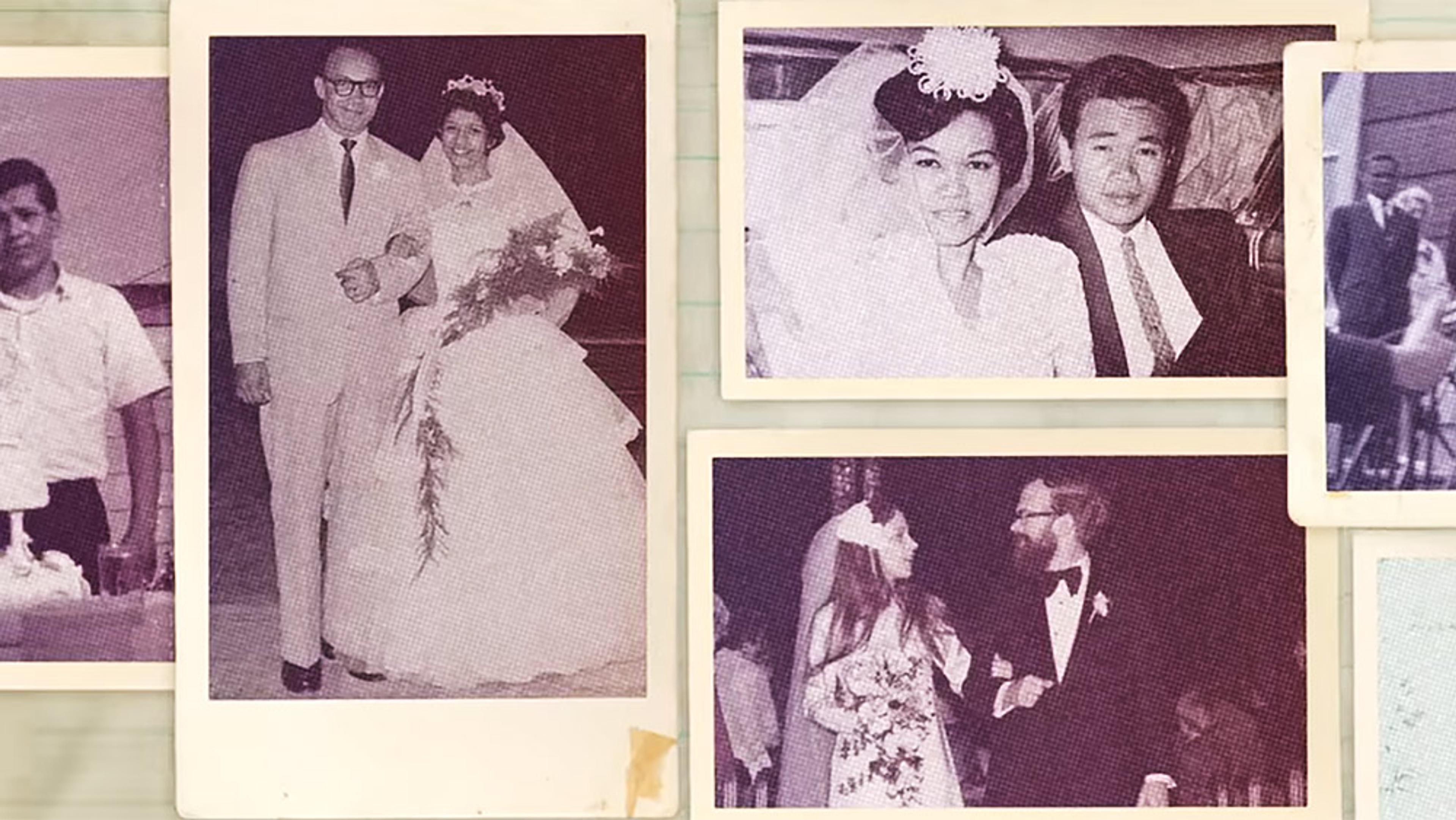
videoMood and emotion
Till genetics do us part – why the success of your marriage is encoded at birth
5 minutes

videoBioethics
From identity politics to medicine, the DNA revolution demands a new bioethics
6 minutes
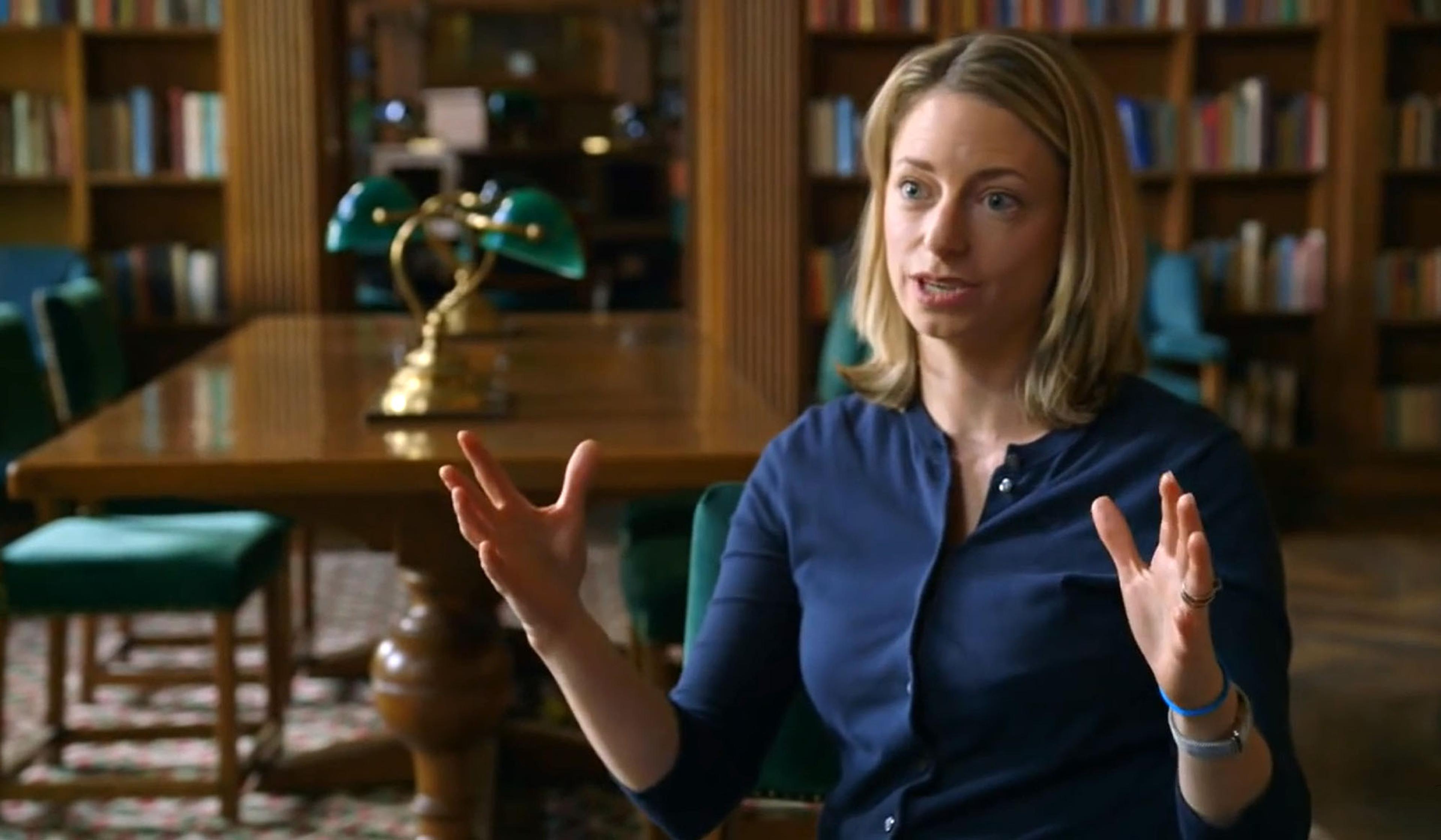
videoNeuroscience
The brain repurposed our sense of physical distance to understand social closeness
5 minutes
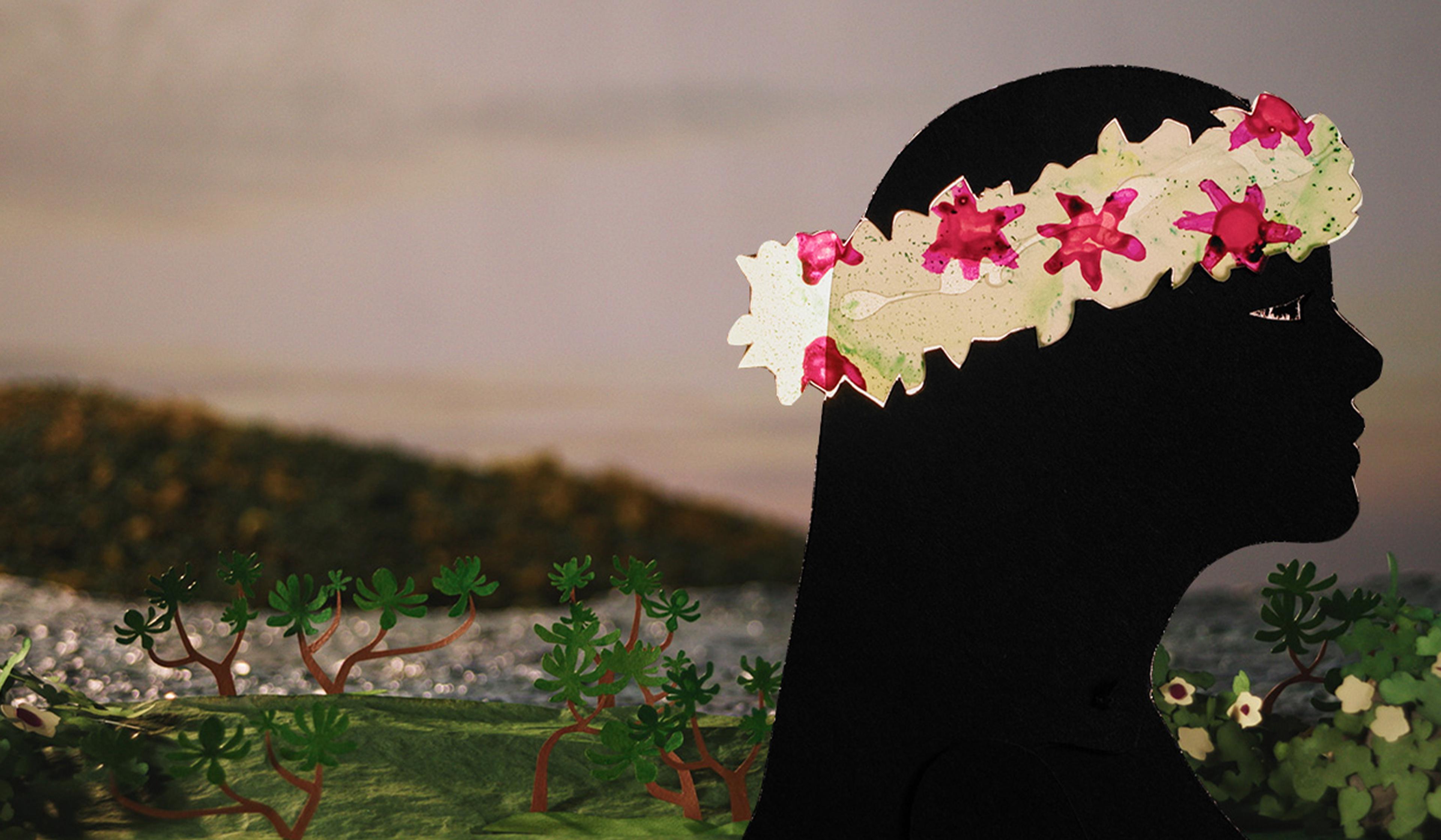
videoEcology and environmental sciences
The ancient Hawaiian myth that sparked a modern ecological breakthrough
10 minutes